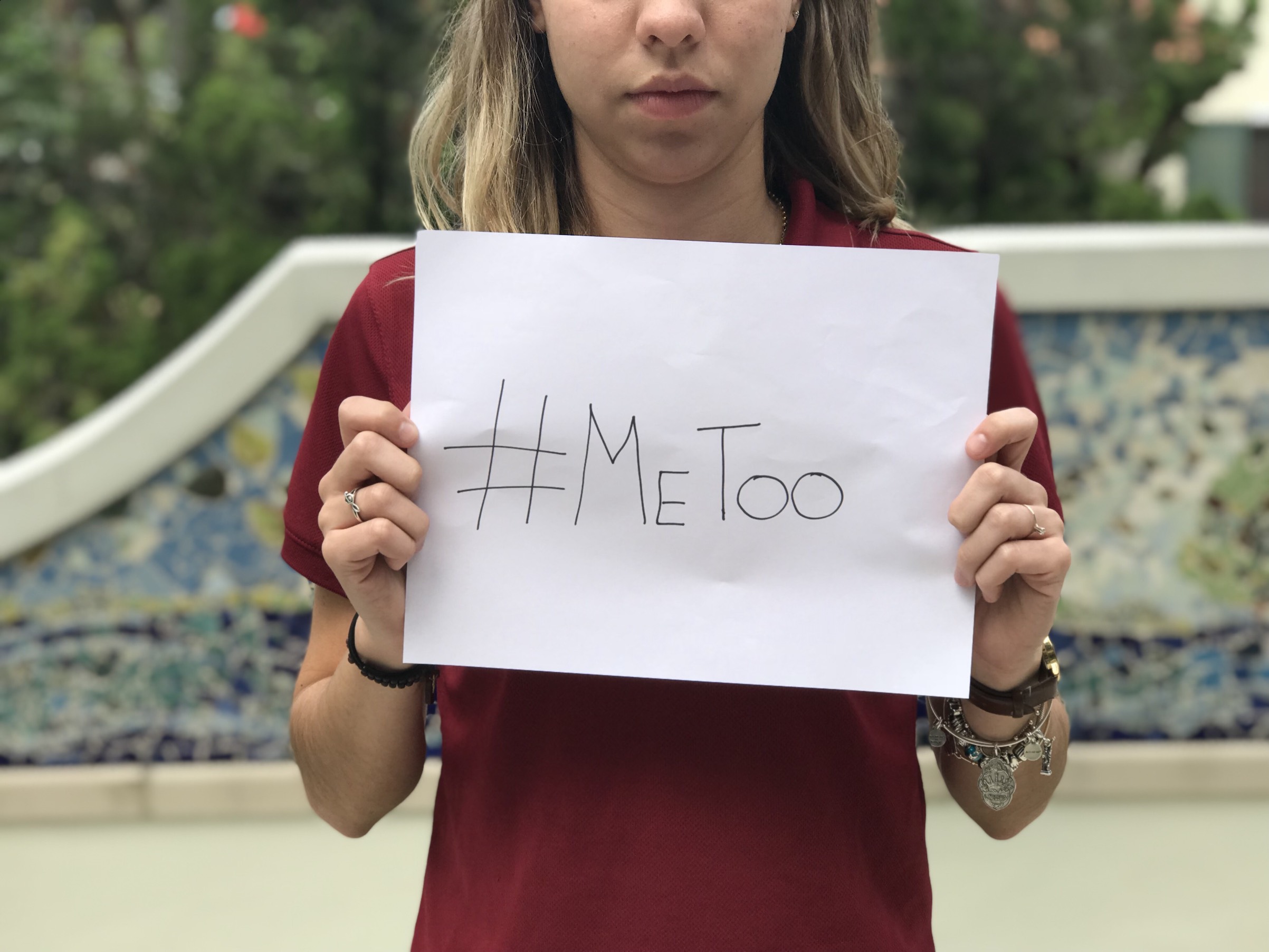By Selbe Dittman | gargoyle@flagler.edu
 This past week, women on Facebook have been posting “Me too” statuses in solidarity with victims of sexual harassment and abuse.
This past week, women on Facebook have been posting “Me too” statuses in solidarity with victims of sexual harassment and abuse.
These statuses are a part of a movement started by Tarana Burke, an advocate for awareness of sexual harassment and abuse. Tarana is a youth worker and a sexual assault survivor and has been pushing the “me too” term since the early 2000s.
This campaign was started to show the magnitude of the problem of sexual harassment in today’s society and how it affects most women today.
“Me too” was picked up by actress Alyssa Milano on Twitter, urging followers to reply to her tweet if they had been a victim of harassment or assault. From there, the campaign skyrocketed and took to all social media platforms. She pushed for this campaign to take the focus off of the predators and to show society how many women are affected by sexual harassment.
Student Rebekah Cantrell participated in the movement, but doesn’t feel victims shouldn’t be obligated to participate.

“It empowered me but victims shouldn’t feel obligated to participate because by telling people they have to offer their story is invasive and no one owes anyone their story,” Cantrell said.
Burke uses the term “me too” as “empowerment through empathy” to show “the world how widespread and pervasive sexual violence is, but also to let other survivors know they are not alone, especially women of color.”
Another student, Shelby Gibson says that this campaign can be used as a way for men to identify themselves as harassers.
“I think that another really impactful way to take this campaign is to have men who have harassed women or have been complacent in the harassment of men use the hashtag as a way of identifying themselves as part of the problem and forcing them to deal with how they’re going to contribute to fixing it,” Gibson said.
“Me too” is much more than a hashtag and a Facebook status. It’s letting the world know that this is an issue that needs to be known and stopped. With recent events in Hollywood in addition to this campaign, sexual harassment is finally getting the light on it that it needs to be stopped.

“It’s a wonderful movement, but one that needs to be carefully tread,” said alumna Mahaly Grant. “People are more than their assault and victimhood, and I hope that it opens eyes to the horrible frequency of this in our society.”
To participate in this movement, simply post #MeToo on your social media and support those sharing their stories. Together, we can overcome sexual harassment and abuse.



Be the first to comment on "#MeToo helping to raise awareness of sexual assault"